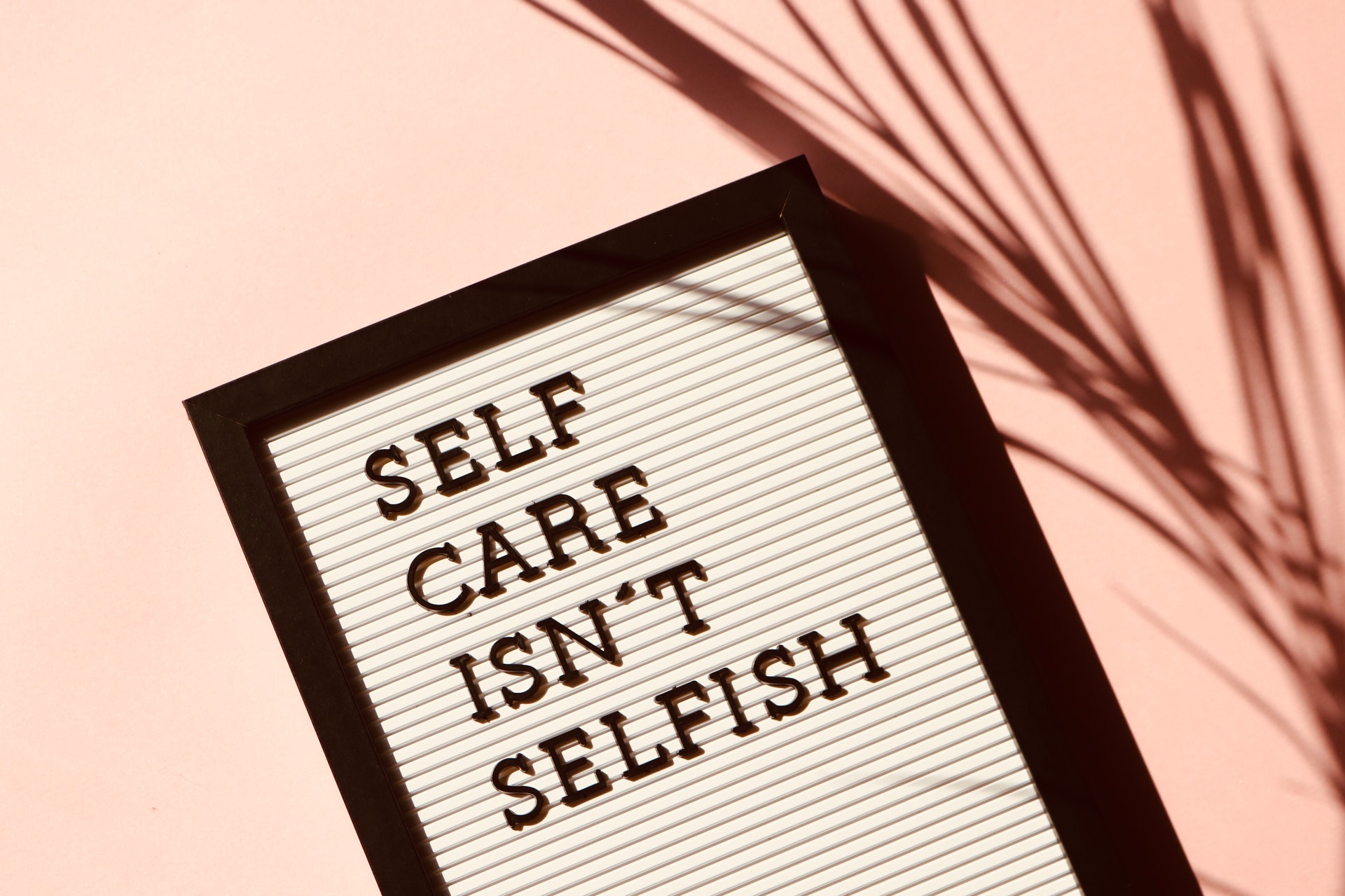The Importance of Taking Care of Yourself: 7 Tips for Self-Care as a College Student
Carolina Jacobs
Jan 13, 2023
We are a reader-supported education publication. When you buy through links on our site, we may earn an affiliate commission to help us keep providing content.
College transitions you to adult life. The good news? You no longer have your parents looking over your shoulder, judging your every move. The bad? You don’t have anyone to remind you to brush your teeth.
You are ultimately your infrastructure. Without a healthy mind and body, you’ll struggle to manage daily responsibilities. Taking care of yourself isn’t selfish — here are seven tips for self-care as a college student.
1. Get on Schedule
Much college student stress comes from pressing deadlines you aren’t ready to meet. For your mental health, invest in a planner, either a modern app or an old-fashioned paper version. Sit down at the semester’s beginning and schedule all critical dates — including time to write papers and study for exams. Set alerts that keep you on top and in charge of your various responsibilities.
Getting on schedule also applies to your daily self-care routine. Experts recommend brushing twice a day, making once a full job complete with floss and rinse. You probably also apply various face creams. Why not pencil in 15 to 20 minutes daily for a nice evening grooming ritual, polishing your pearlies, brushing out tangles and mentally preparing yourself for sleep. Creating consistent tactile and visual cues helps your body ease into dreamland.
2. Feed Yourself Well
A healthy diet helps you maintain your weight, but that isn’t the only benefit. You’ll also improve your overall functionality, perking up your productivity and easing the discomfort that follows blood sugar spikes.
Do you have a campus meal plan? Why not take a tip from our neighbors to the north when it comes to nourishing yourself. Treat your plate as a clock, filling one half of it with fresh fruits and veggies from the salad or steam bar.
Expand your culinary horizons. Many campuses feature international dining selections to please students from other lands — meaning you might discover a new favorite dish. The worst that can happen is that you sample something you don’t like.
3. Find Movement You Love
Physical exercise tones muscles, but it also keeps you on an even mental keel. Movement releases endorphins, natural body chemicals that make you feel good. You can practically feel the cobwebs blow away from your brain when you get up enough speed on your run.
However, not everyone will join the track or cross country team. Find something that you love. Many of today’s fitness apps feature workouts as short as five or ten minutes that you can do right in your dorm. You can also dock your iPhone and boogie down to your favorite tunes or lace up your sneakers for a stroll around campus.
4. Locate a “Safe” Space
Virginia Woolf once wrote that to write, a woman needs a room of her own. If you share a dorm room with another, you might feel the truth in this statement.
Unfortunately, not everyone can afford private lodging. However, a bed tent creates the illusion of privacy and comes in handy on those evenings when your roommate’s study lamp burns the midnight oil. Never underestimate the importance of taking care of yourself.
Better yet, find a safe space where you can go to be alone. It might be nothing more than a comfortable rock by a babbling brook or a quiet library corner. You’ll instantly say “aah” when you step inside and flee the madding crowd.
5. Explore Your Passions
College is the best time to discover what makes you tick. Free from parental influences, you can determine what you enjoy — and don’t. However, the temptation to follow the crowd can lead to poor choices. Please resist.
Instead, discover what you love. Perhaps your evangelical folks frowned on practicing yoga as the “devil’s work.” Honey, you’re now free to twist yourself into a pretzel to your heart’s content — and doing so has decided mental and physical health benefits.
Maybe your parents even encouraged a career path that doesn’t fit your interests. It’s much easier to switch your major now than attempt a career change later in life, especially given the reality of wage stagnation. You don’t want to start over once you already have a mortgage to pay and mouths to feed — follow your heart now.
6. Give Yourself a Break
College life can be hectic, especially if you work while attending school. However, grinding too hard can result in burnout. Worse, you may start to experience anhedonia, a lack of pleasure in once-enjoyable activities that can lead you to seek relief in the prescription or alcohol bottle.
The solution? Build in breaks — and not only on school holidays. Do it while you study, too. Try practicing the Pomodoro method, where you work for 25 minutes followed by a 5-minute break. After three or four “Pomodoro” periods, you take a longer rest of 30 minutes or more.
7. Find Shuteye Solutions
Getting adequate shuteye is vital for your physical and mental health. However, hectic college schedules mixed with balancing roommate needs can leave you deprived.
Your bed tent blocks light but not sound. A pair of noise-canceling headphones can be a lifesaver if your roommate lives for death metal while you prefer easy listening. You can even make do with regular earbuds in a pinch, tuning into a relaxing podcast or sleep hypnosis to drown out the din of their all-nighter.
If you can’t remove electronics from your dorm, use specialty stickers to block the ever-present lights many of these gadgets emit. You’ll never realize how much that blue light on your monitor disrupted your sleep until you put out that blinking eye with a square of electrical tape.
The Importance of Taking Care of Yourself
College life means embracing adulthood. You no longer have someone looking over your shoulder, reminding you when to trim your toenails.
Now’s the time to develop positive self-care habits that will keep you mentally and physically fit for life. It’s impossible to overstate the importance of taking care of yourself — you are your infrastructure.









